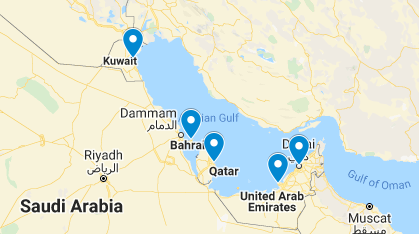Q. I have just established a small business which relies heavily on the creative talents of our staff. I have been ill recently, which forced me to take a month off work, and the situation has made me realise how important it is to be able to cover the costs of paying on-going salaries if staff fall ill. What is the best thing for my business to do?
Your recent experience has obviously left you feeling far more sensitive about the financial problems that can beset people when they fall ill, especially when an illness means they are unable to work for an extended period of time. Without any insurance to cover absence from work due to sickness or injury, people can end up using their savings and even having to sell their homes to stay financially afloat.
Employers in the UAE are not obliged to keep paying people in this situation. Under UAE law employees are not entitled to any paid sick leave during the probation period but after three months they are entitled to 90 days sick leave per year. Full salary is paid for the first 45 days, half salary for the next 30 days and after that there is no pay.
As an employer you need to be able to continue to pay your staff in line with UAE law, and in your case, you may even want to pay them for the full 90 days and longer if you want to see them return to work and avoid additional recruitment costs.
In order to ensure your company can afford to do this you will need to take out income protection insurance, which covers a person’s inability to work due to ill health or accidental injury. There are a range of income protection insurance policies on offer which an independent financial advisor can talk you through.
However, in brief, there are policies which just cover income replacement for the employee, these can last up to five years, and are usually followed by a lump sum if the employee remains incapacitated. This can be used to help fund the expensive prospect of early retirement.
There are also policies that provide payments for both the employee and employer. The employee benefits from income replacement payments, potentially followed by a serious illness lump sum, and the employer benefits from additional finance to help with their business costs.
If your business decides not to take out such a policy then the alternative is to encourage your staff to take out their own personal income protection plans. These will be more expensive than a group income protection plan simply because the risk is individual rather than spread out over a larger number of people.
Private income protection for someone who is 35 years old will cost about AED 180 per month to receive an AED 6,000 per month payout. This would total around AED 2,160 per year, with each individual’s premium based on a wide-range of personal factors – including age, occupation, location and disclosures about their medical history. Such policies often pay a percentage of a person’s annual income, and not the full amount, so checking on this is important before taking a policy out.
Private income protection policies usually only start after an agreed deferment time of between four and 112 weeks; the longer the deferment period the cheaper the monthly premiums are. Income protection policies are designed to last as long as the claimant is in full-time employment and so cease when a person’s retirement policy comes into force.
Ian Walton, Sales Director General Insurance, Nexus Group.


